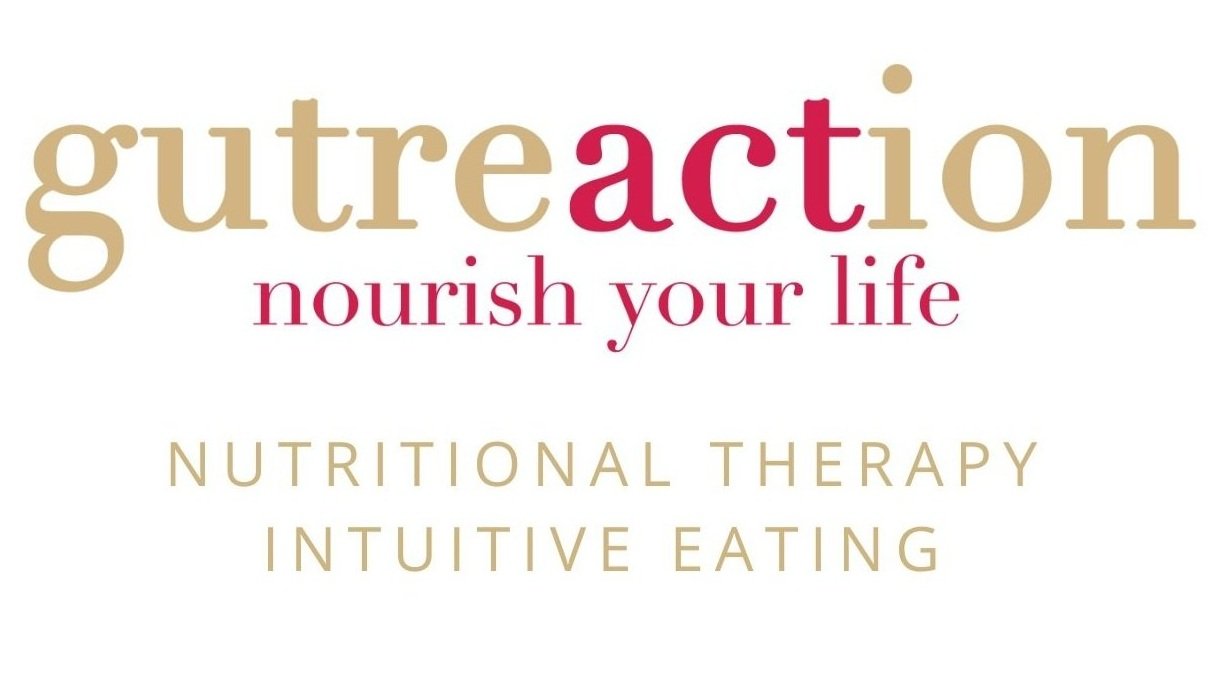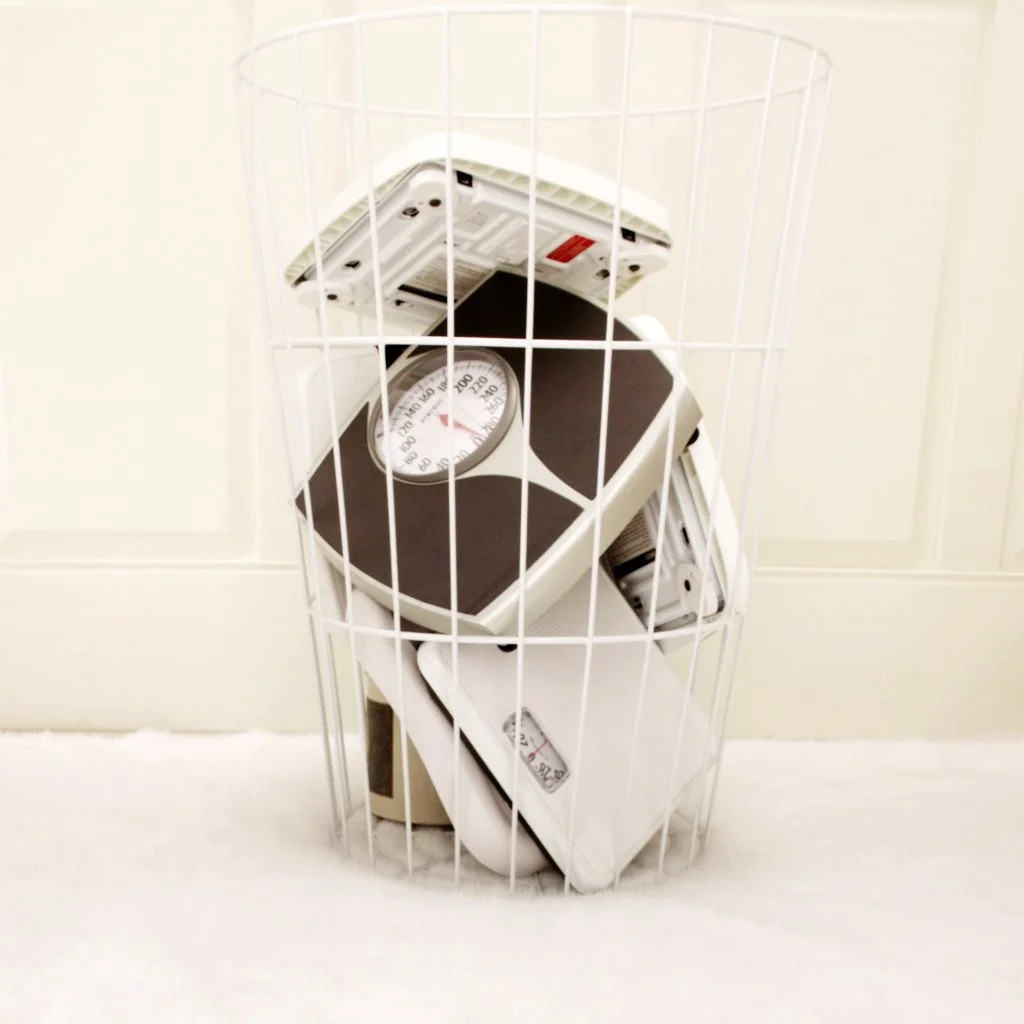Why more self-control isn't the answer to your eating issues
“If I had self-control around food then… “ In the early stages of talking to new or prospective clients, I often hear the words control, self-control and willpower come up.
What I’ve learned through working with hundreds of clients over the past nine years and from studying eating behaviour and intuitive eating, is that control is not the answer to eating issues that we think it is. Or at least it doesn’t take the form that we might expect.
In this blog I explain why, and talk about what it really means to take ownership of how you eat and care for your body.
Diet-culture myths about self-control
Do you believe that demonstrating control around food is a virtue to be admired? Did you grow up hearing that fat people were fat because they lack willpower or are lazy?
You would not be alone with these beliefs. These types of beliefs are insidious in our culture. In fact, the diet industry has founded itself on the premise that a lack of self-control is all that stands in the way of a healthier, thinner, happier you. (And obviously they have exactly the product or plan to sell you to get you there).
But decades of research tracking dieting proves that ironically the more tightly people try to control their food intake through rigid diet plans, calorie counting or restricting macros or food groups, the less control that they feel they have over food in the long term.
In the short term dieters or restrictive eaters may gain some control (or an illusion of control) but the grip becomes weaker overtime, and it is highly likely (if not inevitable) that most people who diet will eventually experience a complete lack of control around food - i.e. the pendulum will swing the other way - from control to chaos.
What’s more, it is likely at this point that feelings of guilt and messages of failure typically ensue, and a so-called lack of personal self-control or willpower is re-affirmed, and the person turns back to the diet industry for another plan (that doesn’t work) to get themselves ‘back on track’.
Why does this happen?
The underlying driver of human desire to eat is survival so helpfully the human body developed various mechanisms to ensure we eat involving the motor functions of the stomach, appetite hormones and the gut-brain communication.
If a person eats less than they need, the body naturally drives them towards consuming more when given the chance. The body doesn’t differentiate between famine and a cultural desire to be be thin, its priority is simply survival. So it may be possible in the short term to restrict or deprive, but as time goes physiological mechanisms make this more difficult.
And it’s not just physical deprivation driving eating behaviour, mental deprivation can too. If we tell ourselves we can’t have something ie. to stop thinking about it, it’s the natural tendency of the human brain to latch on and think more about that thing we’re trying so hard to avoid. This can make a person feel crazy around food and lead to an overeating episode.
And interestingly, even the idea of impending restriction can lead to a stocking-up mentality, as can arbitrary food rules people create where they tell themselves what they should and shouldn’t have, labelling foods as ‘good’ and ‘bad’. When people eat something ‘bad’, this can trigger a ‘f*** it’ mentality so they might as well eat more now as tomorrow they can be ‘good’.
Another example is someone who hasn’t actually given them self full permission to eat chocolate ice-cream, and eats it super quickly whilst chastising them self for doing so. They haven’t physically deprived their self of the food - but they have mentally, and this effectively tells the body that chocolate ice-cream is likely to be off limits again soon - firing up feelings of deprivation and promoting a binge-restrict cycle.
I hope this helps explain why a healthy relationship with food has remarkably little to do with self-control, and plenty to do with survival physiology and psychology. And also why diets are destined not to work.
Is there an ALTERNATIVE PATH?
Feeling out of control around food doesn’t feel good. But nor does tight dietary control either (I don’t believe that anyone wants to spend their lives controlling themselves so as not to cheat their diet). And as we’ve explored, the two are often interlinked.
The path I aim to set my clients upon is what we call a normative, intuitive way of eating - where the pendulum doesn’t swing so wildly.
Where as dieting tries to control your body, switching to a self-care focussed mindset enables you to work with your body more intuitively and compassionately, and engage in eating and self-care behaviours that truly benefit your health and wellbeing.
It’s the middle ground where you can take ownership of how you nourish ourselves, and ultimately find freedom in a more balanced, flexible and connected relationship with food.
Once you let go of physical and mental restrictions and give yourself full permission to eat all food, you can better tune in to the body’s natural cues about what and how much to eat, and reclaim the power to make food choices based on what tastes good and feels good - willpower free.
MAKE A SHIFT FROM SELF-CONTROL TO SELF-CARE - WHAT YOU CAN DO STRAIGHT AWAY
If you recognise that your approach to health and eating is based in self-control and it’s not serving you well, then a helpful exercise may be to start paying a little more attention to the intentions behind your health focused behaviours.
Are the actions you take focused on controlling your body? Or are they focused on caring for your here-and-now body? If a behaviour would not change your weight or shape, would it still feel health-focused?
Take a moment now to reflect on any controlling behaviours you tend to engage in around food and your body, including any rigid or restrictive food or exercise rules you follow. Next take a moment to reflect on what self-care behaviours could look like - things that feel genuinely caring for your body, mentally, emotionally and physically.
If you notice the intention behind a behaviour is coming from a place of control, ask yourself what would feel more supportive right now? Is there a more caring behaviour you can do instead?
As we’ve explored, self-control rarely leads to the outcomes people expect, and can lead to a disordered relationship with food and body. Re-learning that ‘real’ self-control around food isn’t actually about control at all, but comes from a place of self-care, can be quite a process, but ultimately taking this path is more likely to lead to better health outcomes and quality of life in the long run.
Be kind to yourself.
Next steps
Do you struggle in your relationship to food? Would you benefit a fresh approach to eating that helps you take care of both your health and your emotional wellbeing?
My personalised approach brings together nutritional therapy with coaching in intuitive eating and behaviour change to help people eat and live more ease, energy and enjoyment.
Please check out my Reconnect programme here, or contact me for an exploratory chat to find out more about how I can help you.








